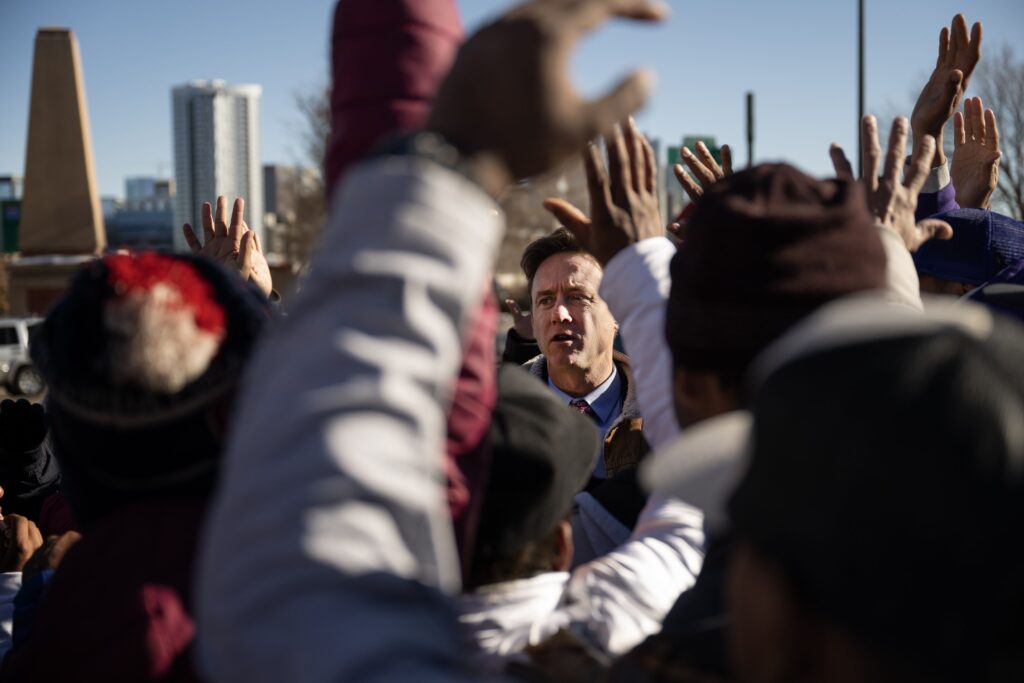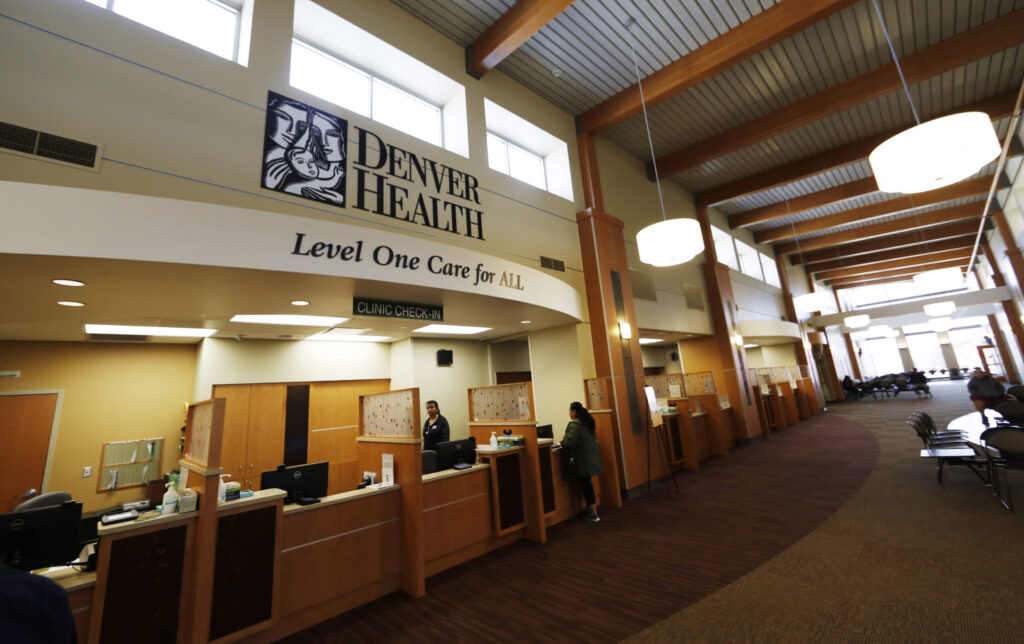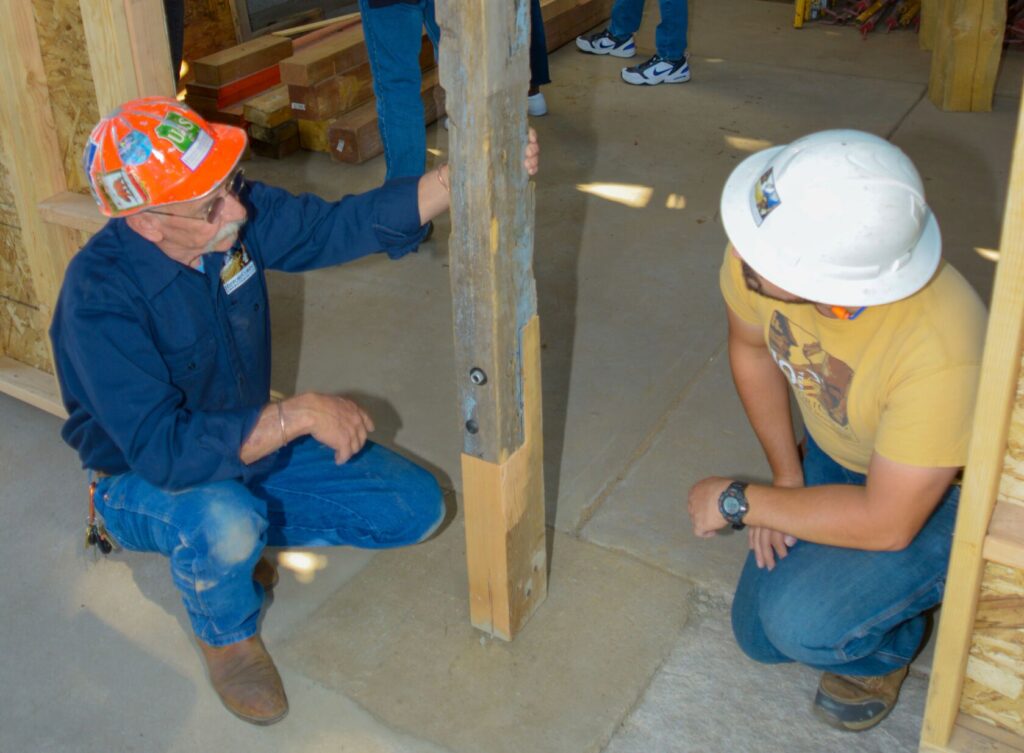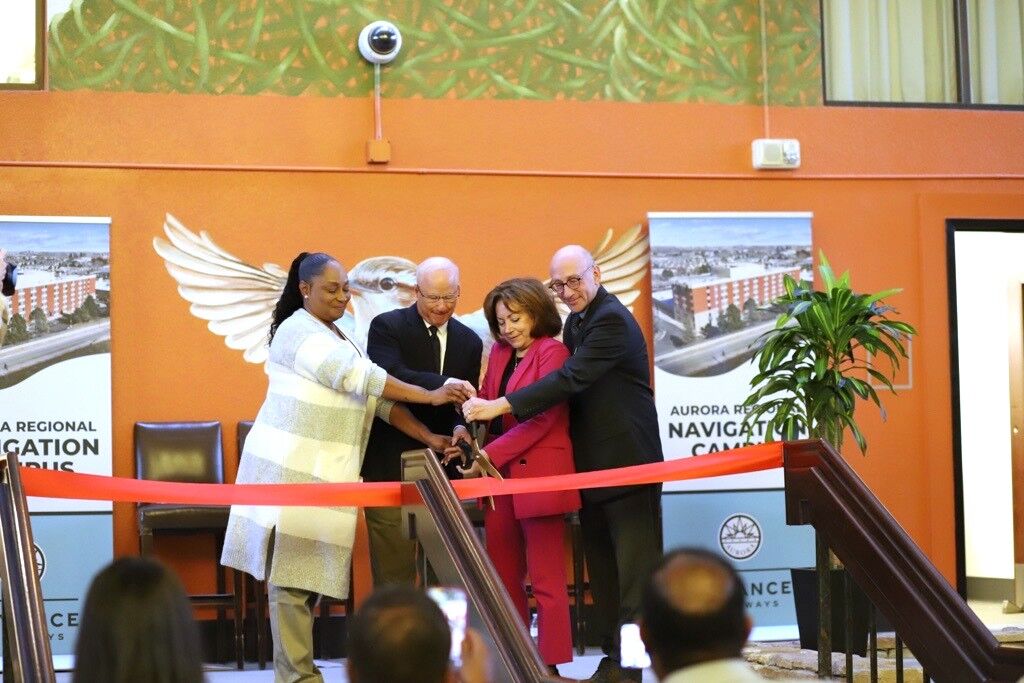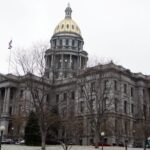Cheyenne’s mayor unveils plans for massive, electricity-hungry AI data center | OUT WEST ROUNDUP
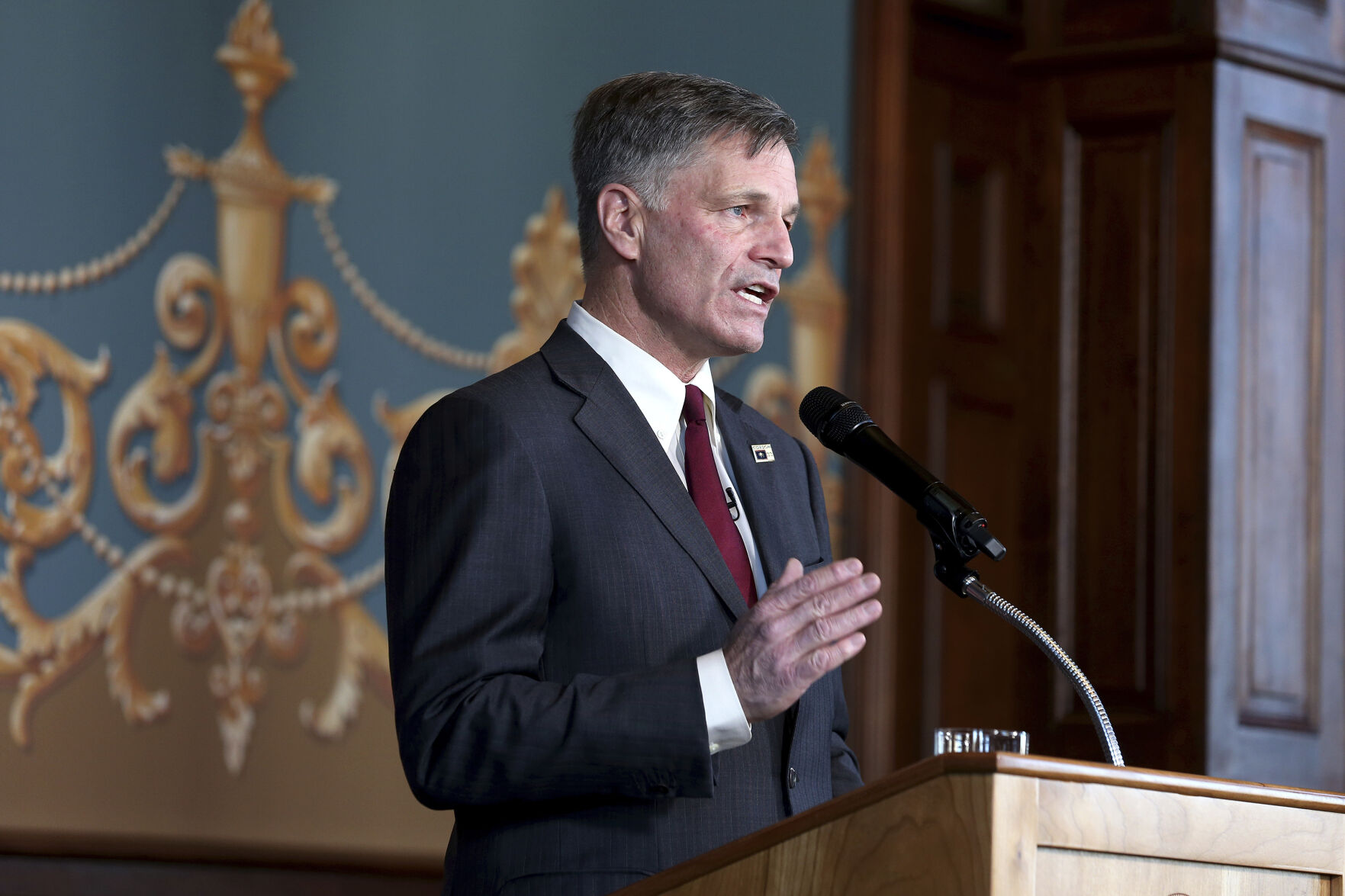
Associated Press
WYOMING
Massive AI data center planned
CHEYENNE — An artificial intelligence data center that would use more electricity than every home in Wyoming combined before expanding to as much as five times that size will be built soon near Cheyenne, according to Mayor Patrick Collins.
With cool weather — good for keeping computer temperatures down — and an abundance of inexpensive electricity from a top energy-producing state, Wyoming’s capital has become a hub of computing power.
The city has been home to Microsoft data centers since 2012. An $800 million data center announced last year by Facebook parent company Meta Platforms is nearing completion, Collins said.
The latest data center, a joint effort between regional energy infrastructure company Tallgrass and AI data center developer Crusoe, would begin at 1.8 gigawatts of electricity and be scalable to 10 gigawatts, according to a joint company statement.
A gigawatt can power as many as 1 million homes. But that’s more homes than Wyoming has people. The least populated state, Wyoming, has about 590,000 people.
Fix to 2024 AI bill causes tension, Democrat legislator sinks efforts
A top producer of coal, oil and gas, Wyoming ranks behind only Texas, New Mexico and Pennsylvania as a top net energy-producing state, according to the U.S. Energy Information Administration.
This proposed data center is so big, it would have its own dedicated energy from gas generation and renewable sources, according to Collins and company officials.
Gov. Mark Gordon praised the project’s value to the state’s gas industry, calling the news “exciting.”
The data center would be built several miles south of Cheyenne off U.S. 85 near the Colorado state line. State and local regulators would need to sign off on the project, but Collins was optimistic construction could begin soon.
Governor signs forest health, wildfire order
CHEYENNE — Gov. Mark Gordon signed an executive order on Aug. 1 that aims to improve forest health and reduce wildfire risk in Wyoming.
The EO also calls for many partnerships between forest health organizations, such as having the Wyoming State Forestry Division cooperate with federal agencies to manage forest resources in Wyoming, and collaborate with local partners to enhance fuel mitigation efforts.
Good Neighbor Authority — a program that allows the U.S. Forest Service and the Bureau of Land Management to partner with states, counties and tribes to increase the pace and scale of forest, rangeland and watershed restoration on federal lands — would be expanded to address cross-border wildfire threats and expedite forest management and preparedness.
Kelly Norris, Wyoming state forester, said the new EO is a critical step in accelerating meaningful work across all land ownerships.
Extreme fire behavior continues as blazes near Colorado town reach 30,000-plus acres
Norris said Wyoming State Forestry has working relationships with both the U.S. Forest Service and Bureau of Land Management offices across Wyoming. The various organizations are constantly coordinating and planning at regional and local levels.
Chris Campbell, deputy regional forester for the intermountain region, also said the EO will help foster the various partnerships between forestry and land management organizations across the state.
The executive order went into effect immediately upon signing.
NEVADA
Parental notification law takes effect
A 40-year-old Nevada law requiring minors having an abortion to first notify their parents or guardians is now in effect for the first time, after a federal district court judge lifted an administrative block on July 22.
The one-page order from District Court Judge Anne Traum came after a federal appellate judge earlier opted not to temporarily pause implementation of the never-enforced 1985 law while the federal appeal proceeds.
In anticipation of the law going into effect, Planned Parenthood Mar Monte filed a new lawsuit in state court on July 21 seeking to halt its implementation.
The California-based abortion rights group and health care provider, and a physician using the pseudonym Dr. Doe, filed a complaint for injunctive relief in Clark County’s District Court. They argue the 1985 law, SB510, relies on a “hazy, inadequate” process for minors to secure an exception to the law that violates guarantees of procedural due process and lacks guidance or rules to govern it.
Federal judge partially sides with Catholic health clinic on Colorado’s ‘abortion reversal’ ban
Shortly after SB510’s passage in 1985, the U.S. District Court for the District of Nevada issued an injunction, saying the law violated the right to abortion under the U.S. Constitution. The U.S. Court of Appeals for the 9th Circuit agreed, making that injunction permanent even while the law stayed on the books.
Following the overturn of the Roe v. Wade decision, which had protected the constitutional right to an abortion for about 50 years, district attorneys from Lyon County and Carson City in 2024 argued the 1985 law is now enforceable.
They won an initial legal battle in April, but Traum agreed to continue the stay pending an appeal. That appeal is still pending and scheduled for oral arguments in October, but in a July 18 order, the 9th Circuit wrote that Planned Parenthood “failed to establish serious questions going to the merits on its argument” that would have justified the court issuing a temporary stay.
MUSCOGEE NATION
Court rules on tribal citizenship status
The Muscogee Nation Supreme Court ruled on July 23 that two descendants of people once enslaved by the tribe are entitled to tribal citizenship.
The court found that the tribal nation’s citizenship board violated an 1866 treaty when it denied the applications of Rhonda Grayson and Jeffrey Kennedy in 2019 because they could not identify a lineal descendant of the tribe.
The Muscogee Nation is one of five tribes in Oklahoma that once practiced slavery, and in that 1866 treaty with the U.S. government, the tribe both abolished it and granted citizenship to the formerly enslaved. But in 1979, the tribal nation adopted a constitution that restricted membership to the descendants of people listed as “Muscogee (Creek) Indians by blood” on the Dawes Rolls, a census of members of the five tribes created around 1900.
New tribal liaison in southern Colorado: ‘You are responsible for learning this history’
When the Dawes Rolls were created, people were listed on two separate rolls: those who were Muscogee and those who were identified by the U.S. government as Freedmen. In its ruling, the court remanded the matter back to the Muscogee Nation’s citizenship board and directed it to apply the Treaty of 1866 to Grayson and Kennedy’s applications, as well as any future applicants who can trace an ancestor to either roll.
The decision could create a path to tribal citizenship for thousands of new members who are not Muscogee by blood.


